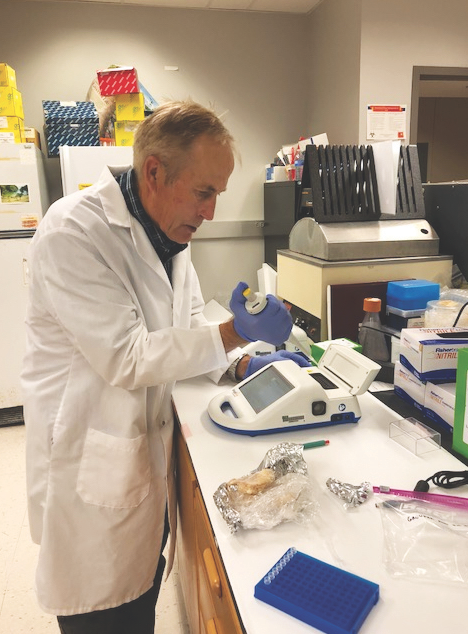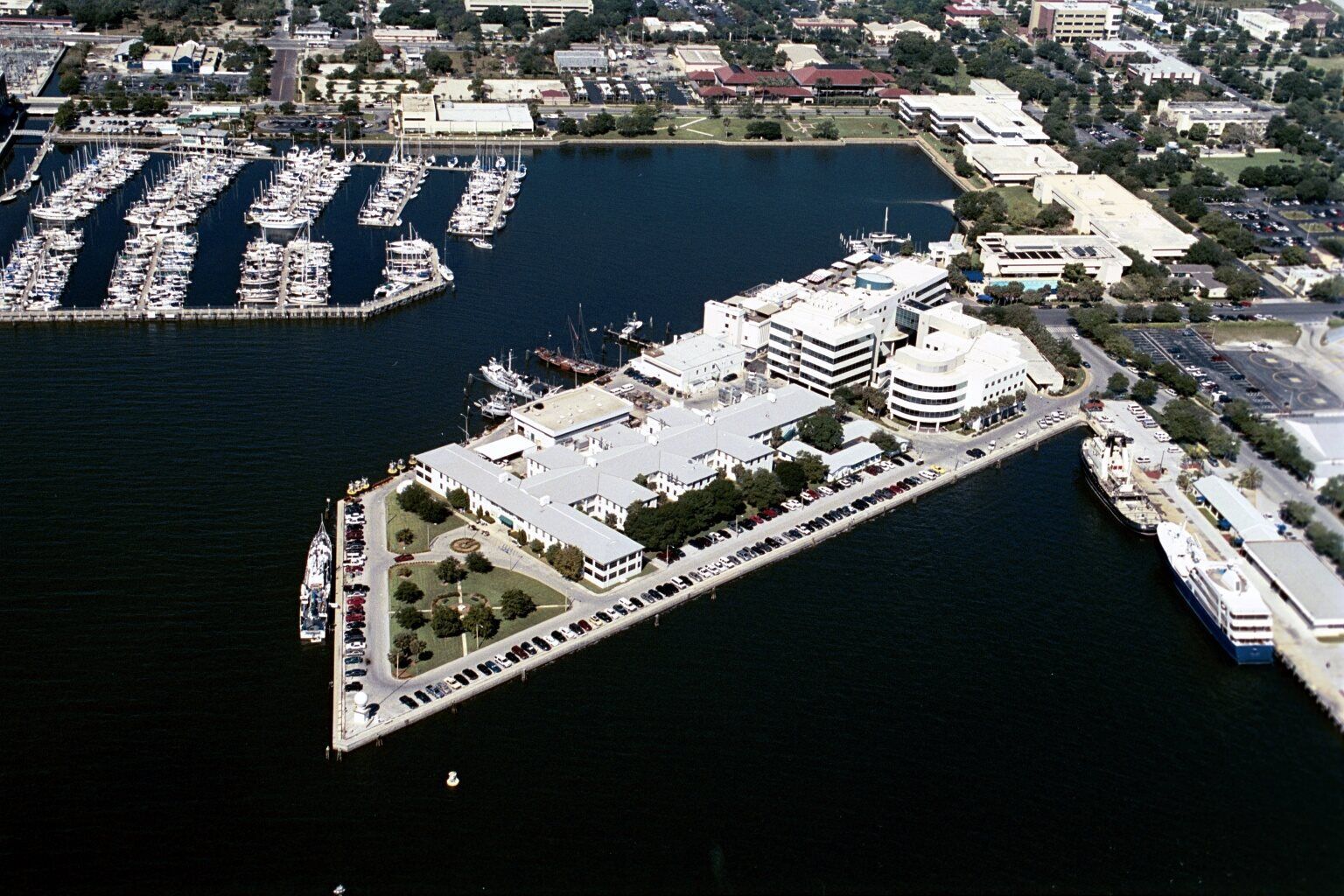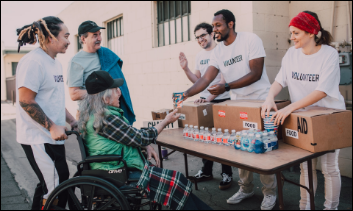Seaworthy Marine Reseach Provides Medical Innovations
In spring 2016 St. Petersburg launched an innovation district downtown, a cluster of health care, higher education, marine research and other high-powered assets that included USF St. Petersburg and its College of Marine Science (CMS), Johns Hopkins All Children’s Hospital, Bayfront Health, U.S. Geological Survey, the Poynter Institute and other research organizations.
Today, the Innovation District is flourishing, as these organizations collaborate and showcase new health and medical innovations. Marine and life sciences are part of the top-tier healthcare services working together with the largest marine and environmental sciences community in the Southeast. Here are two USF researchers adapting marine science research into medical innovations that can save lives.
USF Health & USF College of Marine Sciences Dr. Larry Dishaw’s “Sea Squirts”

Dr. Larry Dishaw is Associate Professor in the USF Department of Pediatrics, Division of Molecular Genetics, Children’s Research Institute in St. Petersburg. He is also an Affiliate Assistant Professor, USF College of Marine Sciences.
He says, “I’ve collaborated with Dr. Mya Breitbart since she came to the CMS about 12 years ago and she is now a Full Professor in Biological Oceanography. We have co mentored several students, most recently sponsoring Brittany Leigh for her post-doctoral studies at Vanderbilt University. Brittany helped pioneer a lot of our studies involving phages (viruses that infect bacteria) and their role in the gut.”
Dr. Dishaw’s research focus is centered on understanding how the gut immune system of animals achieves and maintains a stable relationship with healthy microbes. “We know that abnormal interactions with gut microbes most often lead to various inflammatory conditions like intestinal colitis. We use the simple chordate model system, a Sea Squirt, to help address some of these basic questions.”
To better understand the role that viruses play in the gut, the team Dr. Breitbart and Dr. Breitbart of a federal NSF grant. The Dishaw and Breitbart labs are studying how phages impact the overall ‘structure’ — how infectious viruses can alter the composition of bacteria — of the microbe obtained.
“A significant component is to study the diversity of phages. Some of which have not been previously described. Most of those we are finding have not been previously described. Studies like this may lead to the discovery of phages of potential interest to industry or the biomedical sciences. We can learn not only about health sciences but also about invasive species, which helps us control the gut health” said, Dr. Dishaw.
USF College of Marine Sciences & Dr. John Paul’s Groupercheck
Dr. John Paul has been with the USF College of Marine Sciences since 1982 and is a Distinguished University Professor in the Biological Oceanography program. The National Academy of Inventors gave him a 2015 Excellence in Innovation Award for his “spin off” company PureMolecular, LLC, which he formed in 2014 with Robert Ulrich, CTO.
The company grew out of their December 2013 patent for GrouperChek. “It’s a handheld sensor assay for the identification of grouper as a safeguard against seafood mislabeling fraud,” says Dr. Paul. “Supposedly 30% of all seafood sold in the U.S. is mislabeled as something else. For grouper, it’s usually Asian catfish.
“Most microbiological determinations in hospitals are done by growing bacteria in liquid media, a process that takes about 72 hours. If you have sepsis or a severe infection, the survival rate drops by 8% per hour.” “Our assays take about 25 minutes to get a good picture of the target bacteria and also the genetic assays detecting antibiotic resistance of that particular strain” according to Dr. Paul. He has also used his GrouperChek to advance medical care.
Read more Health and Wellness editorials on Marine Sciences and more.




